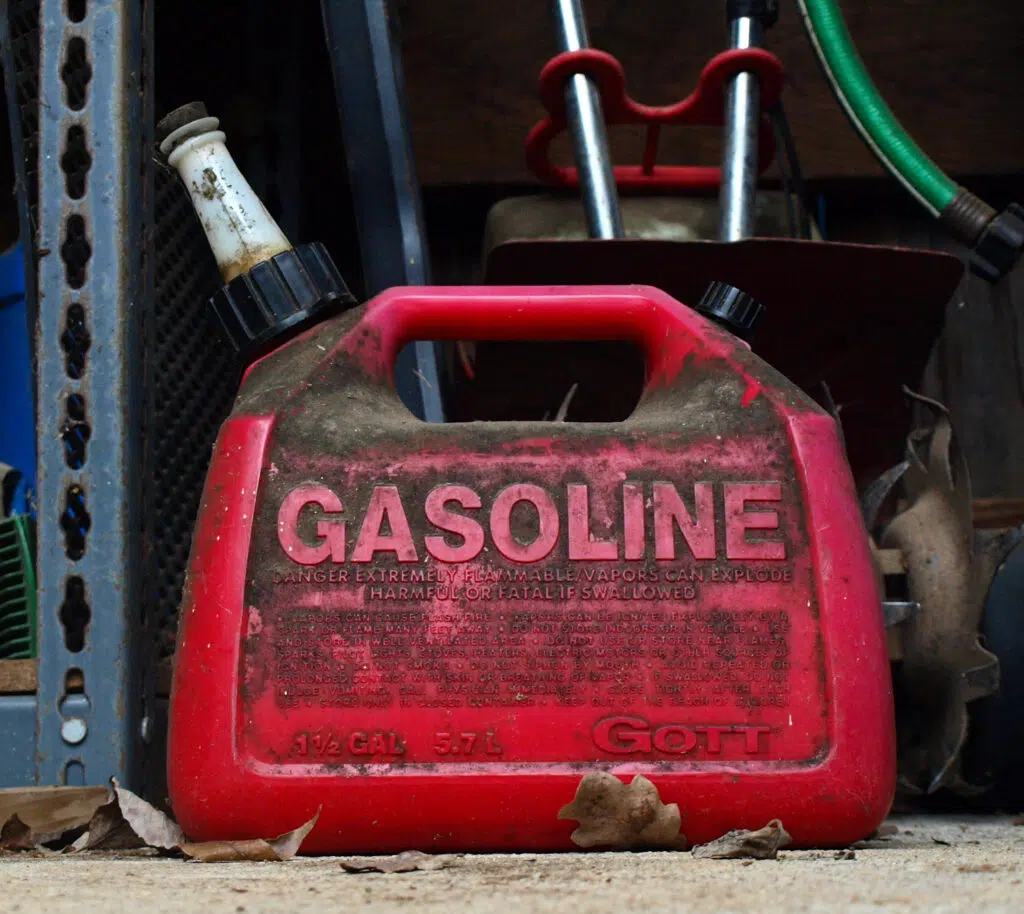
Oil Industry Experts This Week Made a Dire Prediction
A website that describes itself as “the most popular energy news site in the world” this week predicted an oil supply shock is imminent.
OilPrice.com writer Irina Slav reported that OPEC has fallen behind more than 3.5 million barrels per day (BPD) on its output goals.That is a figure that she said equals some 3.5 percent of global demand. The United States, meanwhile, continues to sell oil from its Strategic Petroleum Reserve (SPR). She also reported that the U.S. Department of Energy has no immediate plans to start refilling the SPR.
“These seemingly unrelated news reports do have something very important in common. Both clearly suggest a supply shortfall on a global level is imminent. Throw in the news that Russia’s oil exports could fall by some 2.4 million BPD after the EU embargo enters into effect in December, and an oil shortage becomes more or less unavoidable,” Slav wrote.
“Oil demand has remained resilient in the face of a multitude of challenges, and even prices of over $100 per barrel failed to curb it in any significant way earlier this year. Now, prices are somewhat tempered, but the embargo is still about two months away. Once this kicks in, prices are bound to jump because alternative supply is limited. And the U.S. will need to start refilling its SPR at some point because it is getting depleted.”
As RVIVR reported this month, private companies that could handle oil leases are caving to U.S. President Biden and members of his administration. They are just plain giving up.
A company that was awarded Arctic Refuge oil leases during the final days of former President Donald Trump’s administration, for instance, canceled its lease. Now, all the Arctic Refuge’s remaining oil leases are held by the Alaska Industrial Development and Export Authority (AIDEA).
Environmentalists, upon hearing the news, were ecstatic.
Members of Biden’s administration this year announced they’re investing billions of dollars into new Electric Vehicle (EV) chargers. As RVIVR pointed out in July, no one involved wants to address how this technology still has three potential hiccups.
IN THE NEWS: Are Never Trumpers Seriously This Incapable of Grasping the Obvious?
One, does America’s energy grid have enough juice to power EVs, and if not now then when?
Two, do Americans drive enough EVs to justify this investment?
And, three, why can’t the free market — and not government bureaucrats — settle these issues, and, perhaps more importantly, without taxpayer money?
The San Francisco-based Pacific Gas and Electric Company (PG&E) officials recently announced they want to place EV chargers in less affluent neighborhoods. This, even though the average price of an EV in May of this year was $64,338, according to Kelly Blue Book. That’s well outside the price range for middle class folks.
Send story tips and other story suggestions to [email protected]



